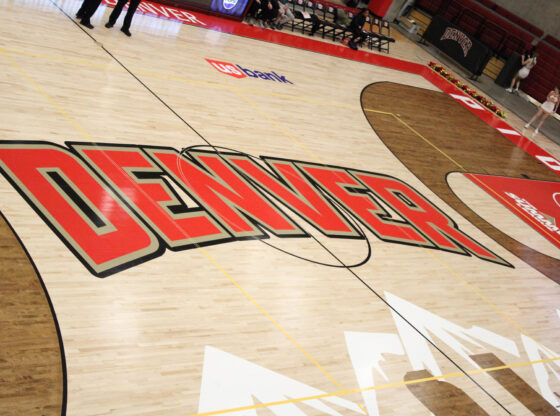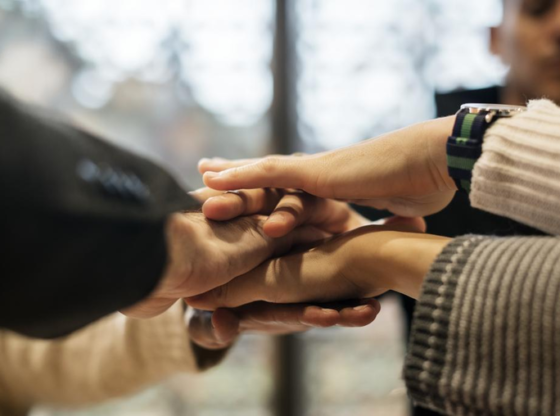On Monday, Jan. 15 the United States celebrates the life of Martin Luther King Jr. and his legacy through a day of service. It is the only national holiday that calls for Americans to volunteer to improve their communities. Celebrated on the third Monday of January, MLK Day seldom falls on Dr. King’s actual birthday. The last time this occurred was in 2018 and the next won’t be until 2029.
When one thinks of Dr. King, one may immediately remember the words “I have a dream,” from one of King’s most influential and well-known speeches that has had a lasting impact on the country 60 years after it was delivered. Dr. King’s dedication to nonviolent resistance to achieve civil rights for people of color played an integral role in the Civil Rights Act of 1964 and earned him the Nobel Peace Prize that same year.
Dr. King spent most of his life relentlessly advocating for civil rights and uniting the African American community to join his call for justice peacefully. His assassination in 1968 was devastating and rocked the community and country at large. Four days after his murder, initiatives to have a day recognized to honor Dr. King took flight. The King Holiday Bill wasn’t signed into law until 1983 by President Reagan, 15 years after it was first introduced in 1968. In the years before an official MLK Day, many states celebrated the third Monday of January in various ways. Wyoming, for example, celebrated “Wyoming’s Equality Day.” It was not until the year 2000, nearly two decades after the bill was signed into law, that all 50 states honored MLK Day.
In the Mile High City, festivities take place throughout the week to honor Dr. King. For the past 40 years, Denver has held an annual marade (march and parade) on MLK Day. Denver’s marade is especially unique as it is the only one of its kind in the country. Despite the subfreezing weather, the marade continued as planned on Monday, Jan. 15 with attendees marching from City Park to Civic Park. Organizers were not fazed by the below-freezing temperatures and encouraged all participants to wear layers.
The University of Denver has a special history with Dr. King, since it is known that the historical figure visited DU’s campus at least twice. Once in 1964, the year he won the Nobel Peace Prize, and again in 1967, a year before his assassination. In 1964, he spoke to 600 students in the Student Union Center, which is now the south end of the Driscoll Commons. During the second visit, Dr. King spoke at the fieldhouse, now the Ritchie Center, where only half of the arena was full. Dr. King’s topic was “The Future of Integration” where admission was $1 for students and $2 for the public.
During and after Dr. King’s speech, protests were taking place outside. Directly outside the fieldhouse, a group of young individuals were protesting with a makeshift sign writing “Rights for Whites.” Across the street on old fraternity row, a cross was burned on top of a car.
In 2008, Dr. King’s son, Martin Luther King III, spoke at the Newman Center to kick off multicultural events to honor Dr. King’s legacy.
This week, DU’s Black Community Initiatives (BCI) will host two events to honor the late minister and activist. Both will be held on Jan. 16 with the first event being a panel on racial coalition building and the second event taking place later that evening, including a short community discussion on racial healing followed by a moon-gentle yoga session.
Dr. King’s legacy is recognized across the country with various celebrations promoting community, service and dialogues on the fight against racial injustice. There is much to be done concerning racial equality in the United States, but Dr. King’s tireless efforts changed the trajectory of history in our country. MLK Day is a holiday to demonstrate community, reflect on history and see what work needs to be done to continue moving forward.










